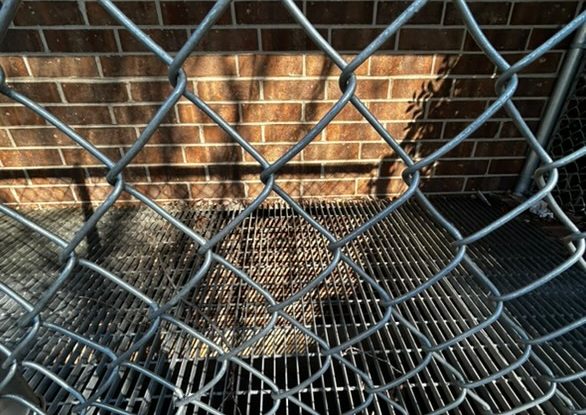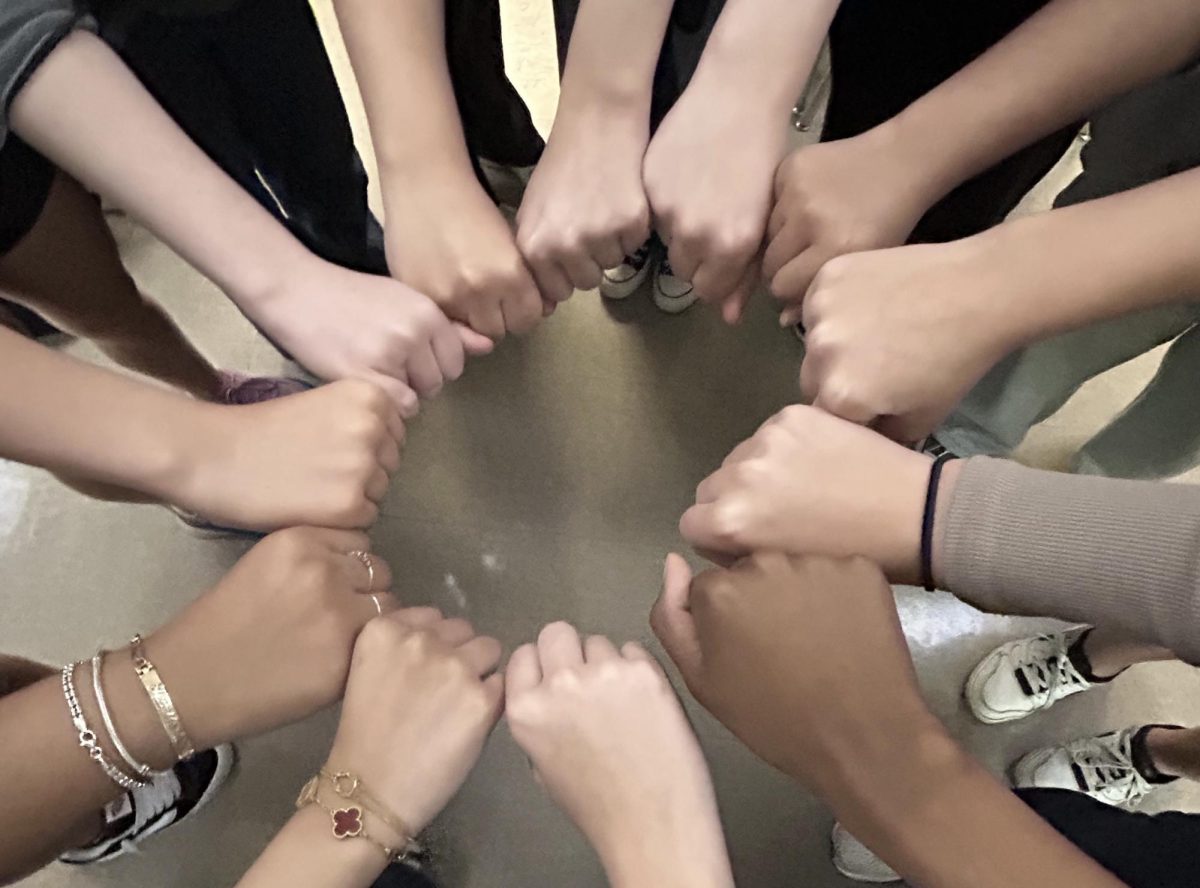Assignment after assignment, late nights spent studying, and getting anxious over three tests in one day, high school students in today’s age are suffering from the stress-inducing workload they are expected to complete every week. Students who plan on applying to competitive colleges are especially stressed.
In high school, students are to take on eight courses throughout the year; academic, honors, or AP courses, all varying in difficulty. Although students are allowed to choose whatever classes they want, students are ‘highly recommended’ by their counselors and advisors to take on more rigorous courses if they plan to apply to competitive colleges. This is the first step to an endless cycle of high school burnout.
Advanced Placement (AP) classes are the epitome of a heavy workload. They are designed to replicate a college course with timed tests, FRQs, AP Questions, and condensed information. Students are expected to teach themselves the material for most of the course which takes up an overwhelming amount of time after school. Additionally, spring semester AP courses go at a much faster speed compared to fall semester AP courses. They are certainly not for any average student.
But students are never specifically told that they have to take AP classes; they are just ‘highly recommended’ to take them if they want to be accepted into top colleges. As a result, students stack up on as many APs as possible to increase their chances of being accepted into their top colleges.
Along with the rigorous and time-consuming AP classes, students are ‘highly recommended’ to participate in their community and extracurricular activities, which are also very time-consuming. The mindset students have when it comes to building their college application is all or nothing. They become members of every club at their school, volunteer their time at any service opportunity they have, and even take on sports they have no interest in.
Not to mention the students in the work field. These kids have to have a steady income to pay for their car’s gas to get to school, or be able to pay for their SAT, or whatever costly reason they have. If they miss a day of work, they could risk missing a payment. If they miss a day of school, they get behind in class. They have to find a way to balance their time between school and work to stay on their feet and make it to college. Not all kids can rely on their parents to pay for their expenses.
How, after all these expectations, are students expected not to be mentally drained every day? This endless cycle of due dates and working and volunteering leaves no downtime for students to rest and relax. And how are the kids to be blamed when they are constantly being told that they have to do everything and more if they want to make it to college?
Yes, we are the ones who chose to enroll in these rigorous classes. Yes, we are the ones that are a part of every club at school. And yes, we are the ones that applied to work at the movies. But we would never have done any of it if we weren’t constantly told to ‘get a higher GPA’ or ‘become a more well-rounded student’.
Every day we wake up and tell ourselves we “just gotta make it through this week.” We lose motivation. We create a mental countdown till our next break. We miss the better half of a week for two measly days off. Oftentimes when students are asked what they have planned for the break, they respond, rather despairingly, “sleep”.
We want to make it to college and make our parents proud, but at what cost?








